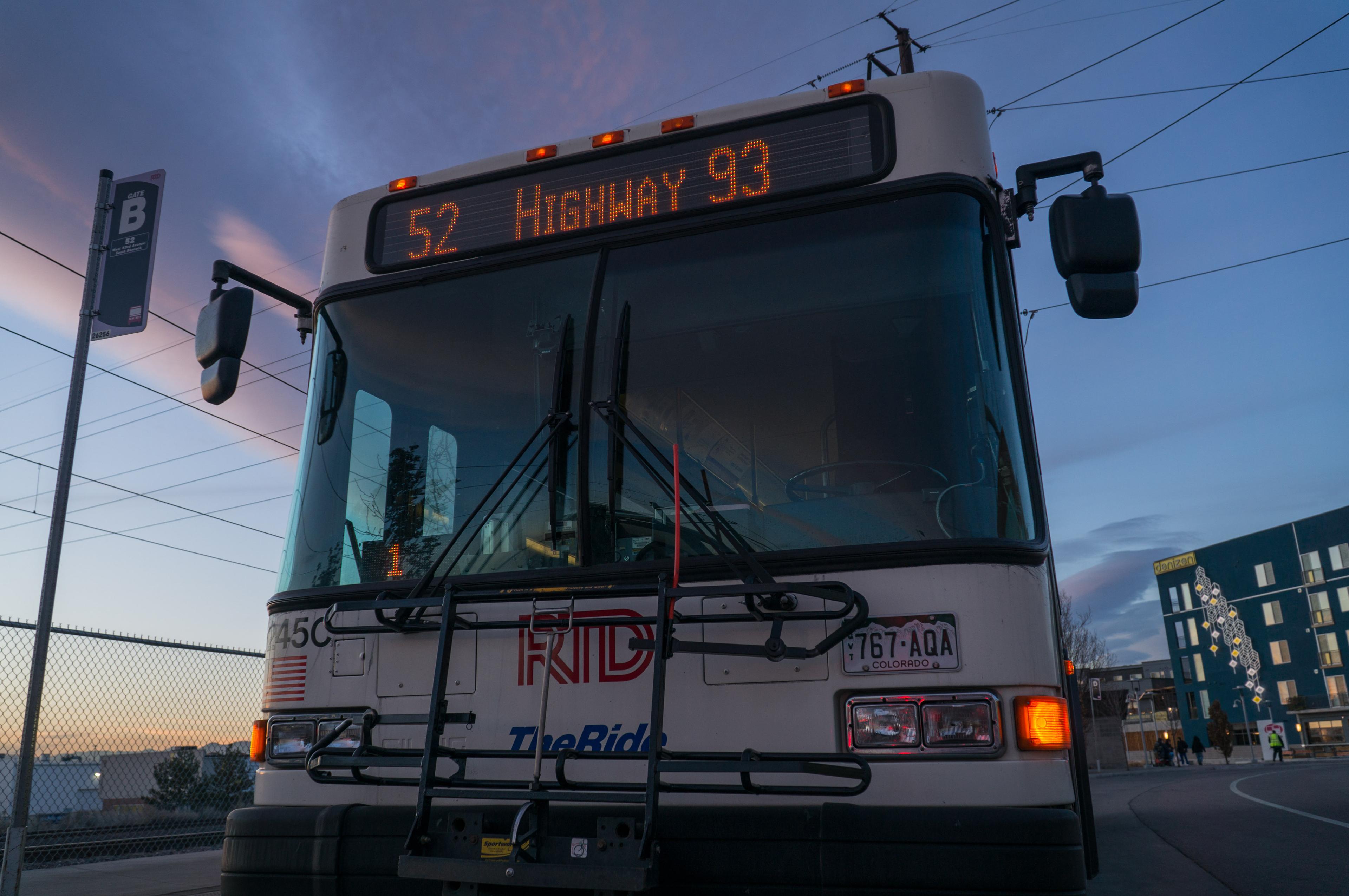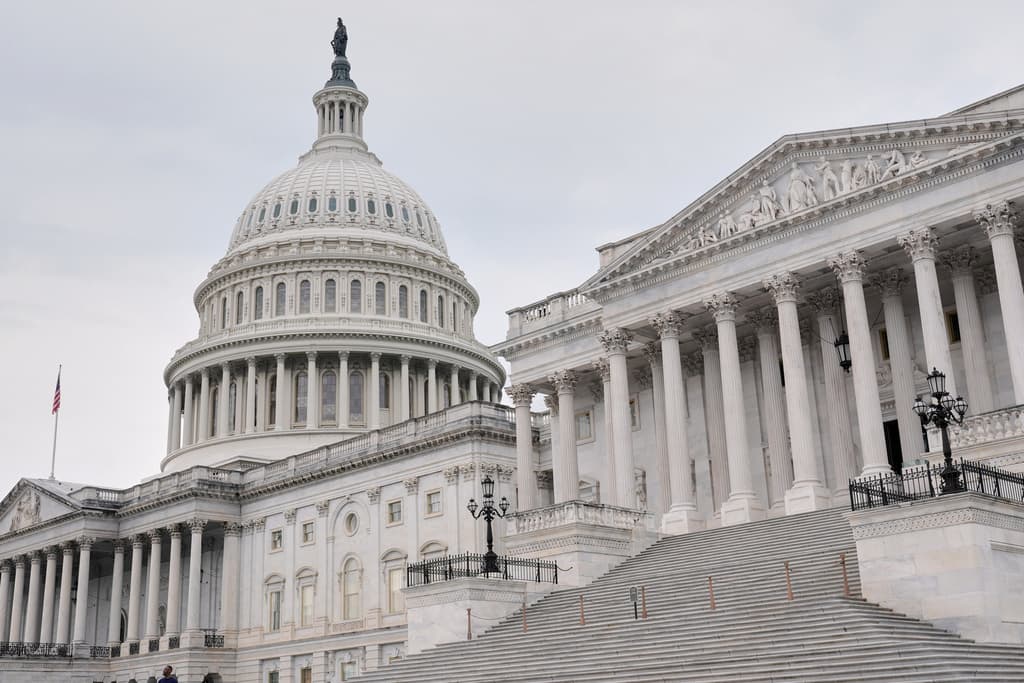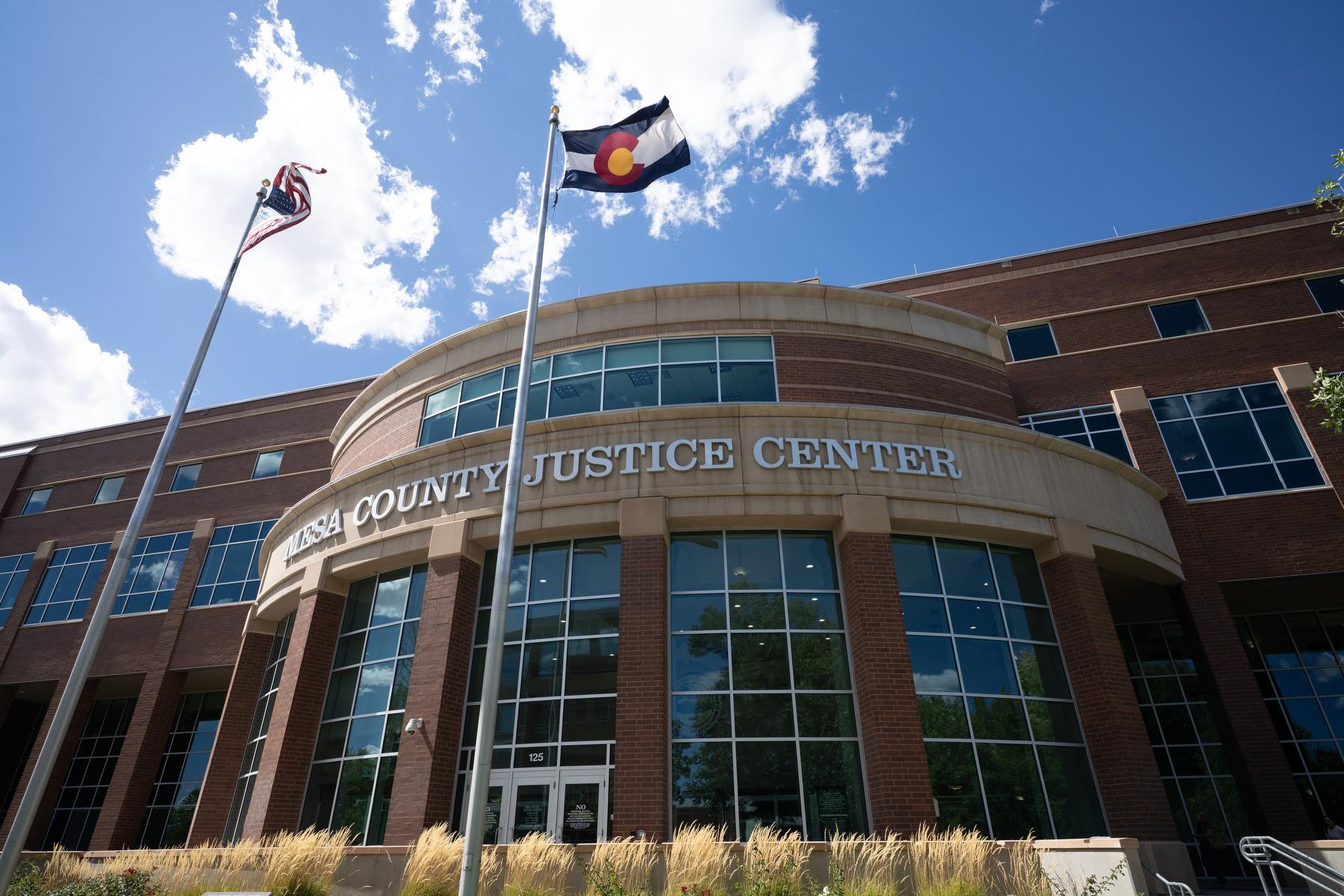

Two of the state’s largest city governments say their ambitious transportation plans to ease future congestion are likely beyond what the Regional Transportation District, the metro area’s current transit authority, can provide — and they are exploring other options to move people around.
Boulder officials hope to expand bus service to the point where residents don’t even need a schedule, they can just walk out the door and onto a bus within a few minutes. The city already buys up additional bus service from RTD, but city transportation chief Mike Gardner-Sweeney said they are looking at other options for the future.
“I really think for us it’s going to require additional resources to be able to provide the future we’re talking about,” he said. “I think it will be a layered approach. RTD will be the regional service provider and we’re going to need to look at ways to enhance that. They’re investing less and less from a service hours perspective in our city.”
That has left members of Boulder’s City Council questioning whether they should do a Brexit-style secession from the transit agency.
In Denver, Mayor Michael Hancock talks about expanding bus services and other transit options. In his state of the city address, Hancock devoted several minutes to talking about the future where he hopes there are fewer cars driving around the Mile High City.
“Shockingly, 73 percent of Denver commuters drive to and from work in cars by themselves,” the mayor said before pivoting to goals on biking, walking or transit.
“We are going to dedicate more travel lanes as transit only and make bus service more accessible to everyone,” he said. “We’re going to support the next generation of commuters who don’t necessarily think owning a car is the only way to go.”
Hancock’s transportation chief, Crissy Fanganello, said the city will likely partner with RTD for some projects — but others may be solved in other ways.
“Communities know what they need for their citizens probably way better than RTD can understand,” she said. “I think it's unfair and irresponsible for us to say to RTD, ‘hey, solve our problem.’”

RTD’s general manager Dave Genova said the agency is financially strong, prepared for the future and can’t be all things to all communities. RTD relies partly on sales tax revenue collected from the areas they serve for funding.
“Lots of different asks from different agencies, different cities,” Genova said. “I mean there are always more needs than we have resources for. I think that’s similar to any organization — even like your own household.”
RTD faces problems. There is a steep decline in ridership — more than 4 million fewer boardings — over the past several years, a nationwide problem owed in part to the growth in ride-sharing services Lyft and Uber. Looking at RTD’s latest numbers for 2017, ridership is off of 2016’s pace by 1.6 percent through October. RTD is maxed out on debt and has delayed capital expenditures and repairs to future years because the money isn’t there to pay for them. Genova also said they have a severe driver and train operator shortage. They need to hire 169 drivers and bus operators.
Despite that, Genova said RTD is doing very well.
“Our finances are good, our budget is good,” he said.
Various observers and advocates in the community put RTD at a crossroads. The metro area’s unprecedented growth over the past seven years has swamped every local government and it is a good time to look toward the future at what the transit agency should be to stay relevant and helpful.
“I think RTD is still functioning in a traditional transit methodology that doesn’t fit with the new environment and the new technology as well as the new mindset in the community,” said Angie Malpiede, a former RTD board member and a director of a nonprofit that tackles community transit problems. “It’s time to stop and evaluate about what’s happening and where they want to go.”
Tony Lewis, executive director of the Donnell Kay Foundation, has been exploring how to get bus passes for Denver school kids. He has launched a probe into how RTD is governed and will float ideas by stakeholders and lawmakers later this year.
“I feel like there is this perfect window of opportunity right now that says ‘what should transit look like in the metro area? What should a transit agency look like to accomplish that?’” he said. “Let’s look at where the gaps are and let’s bring that information back.”
RTD board member Natalie Menten is dubious about any expansion, citing the agency’s fiscal condition and declining ridership.
“What was promised to the voters with ridership didn’t nearly come through. It was way over budget,” Menten said. “I don’t know what person in their right mind would say let’s go dump some more money into that. Because it’s not working.”









